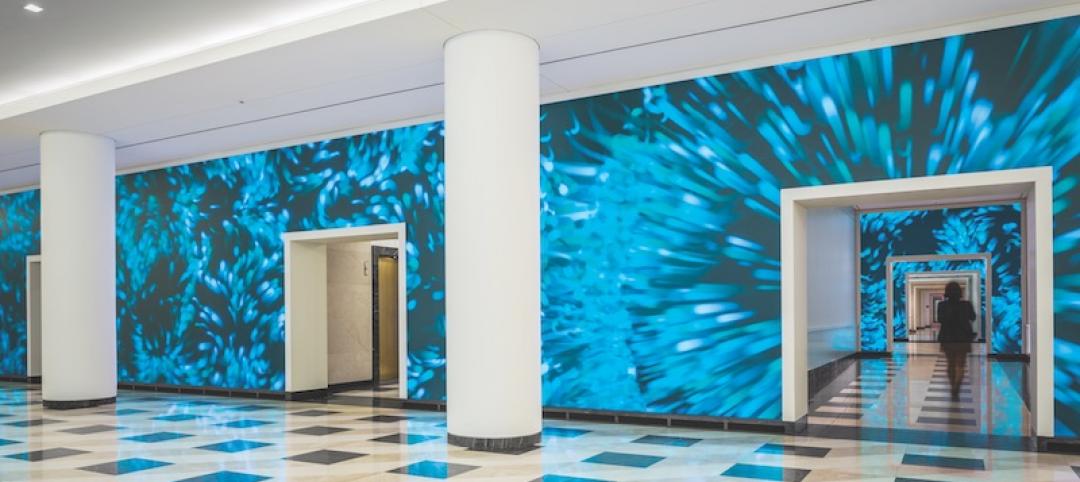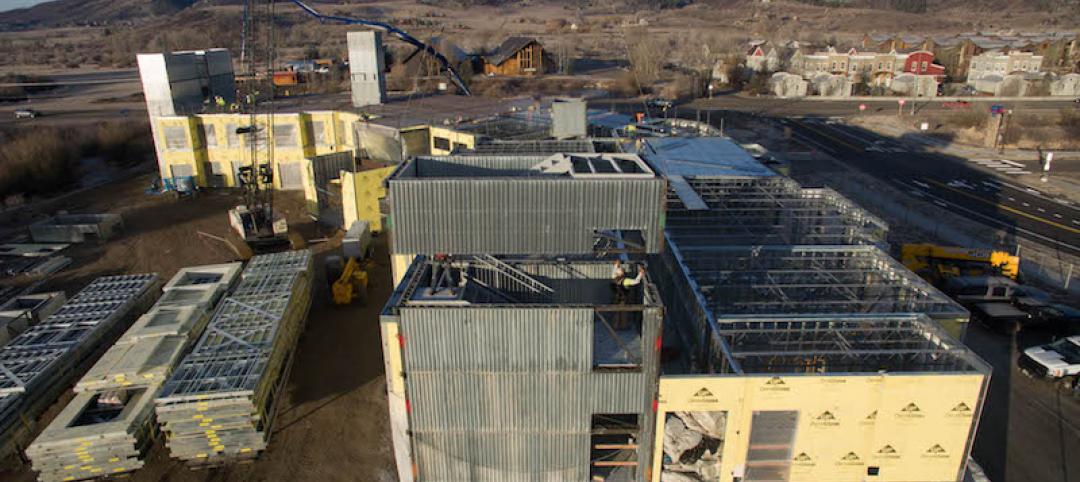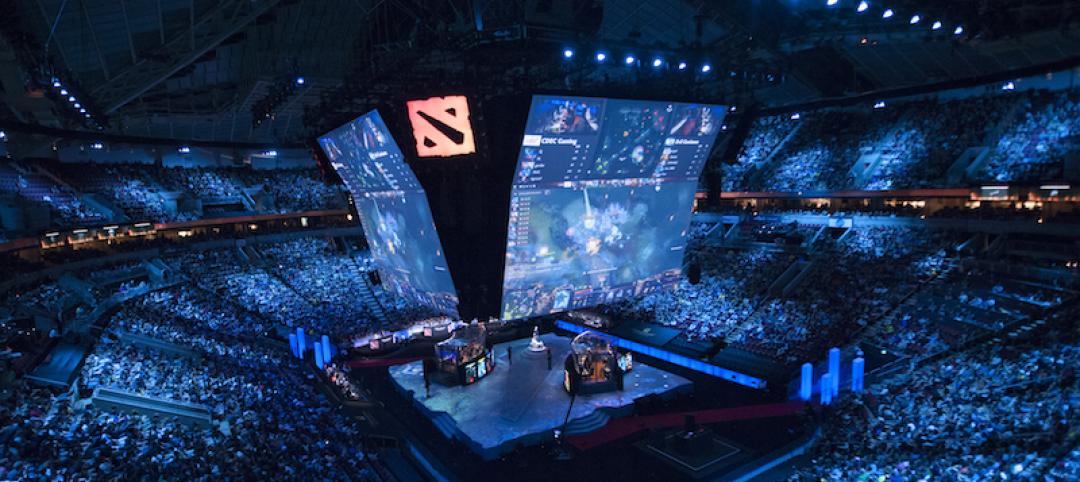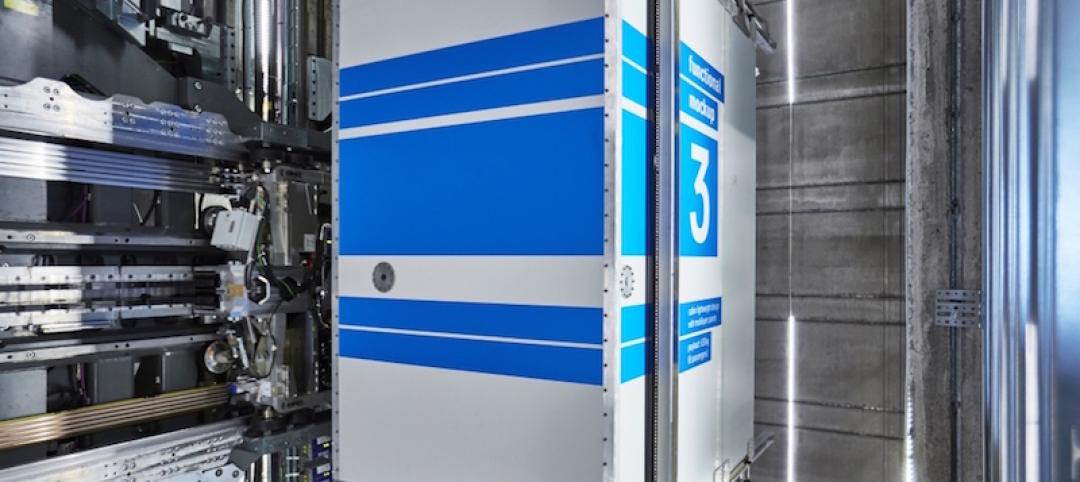An expanding engineering and construction industry faces a digital future that is not only reshaping cities but also how the industry’s businesses operate.
This is one of the key observations that Deloitte Consulting presents in its recent paper “2019 Engineering and Construction Industry Outlook.” The paper’s author—Michelle Meisels, Principal and Engineering and Construction Leader—emphasizes the centrality of data analysis in the ability of the industry to deliver urban projects for cities whose buildings and infrastructures are becoming “smarter” and more connected.
Deloitte anticipates that the industry’s growth in the U.S.—estimated at around 5% in 2018—will continue next year. Merger-and-acquisition activity, which this year has accounted for at least 344 deals valued at more than $20 billion, is allowing EC firms to compete for megaprojects “infused with advanced technologies.”
Meisels sees cities as growth engines for the U.S. economy and its society. However, America’s crumbling infrastructure right now isn’t up to the task of keeping pace with urbanization. She’s optimistic, though, about the willingness of cities around the world to invest in “connected infrastructure” that enables better management of urban assets such as public transit, wastewater systems, and roads. Meisels cites one estimate, from IDC, which projects that smart cities’ spending will reach $158 billion globally by 2022, with Singapore, Tokyo and New York being among the top spenders.
These investments should help to create digital touchpoints of connectivity between people and their vehicles, homes, and workplaces. What would advance this movement, says Meisels, is “a clearly articulated strategy for leveraging advanced technologies like the Internet of Things (IoT), analytics, and artificial intelligence.” She points specifically to the recently announced alliance between AECOM and Arrow Electronics as an example of how scale and digital are intersecting.
Digital, in fact, is transforming how engineering and construction companies run their companies. Such things as robotic process automation and BIM are evolving and improving in ways that are making project development and management far more efficient and less costly. Meisels also speaks of “connected construction” tools, such as drones, wearables, and augmented reality, that are “revolutionizing” job sites, improving worker productivity and safety, and capturing valuable data.
Meisels believes that data and analytics will become the industry’s future core. But data are coming from outside traditional ERP systems, so companies need to devise a strategy to analyze this torrent of information “to deliver smart buildings and smart cities projects, identify and address diminishing margins, and manage increasing project size and complexity.”
Companies can use a data-driven approach to unlock smart decision making, identify the optimal location for their project, and source the best materials to use, all through an interface that enables decision makers to ask questions and work through scenarios.
This analytical approach might also provide some answers to a problem that continues to vex EC firms across the country: finding and retaining talent.
The U.S. construction industry has been consistently adding workforce, and currently employs around 7.2 million professionals, the highest levels since the Great Recession of 2008. But that’s still an 18-year low. “Labor shortages are reaching crisis proportions and are expected to continue through 2019,“ predicts Meisels.
Today, winning the talent war includes projecting a positive brand for your company out to the market—one that reflects the advanced technologies that are part of the connected construction site. To appeal to new generations entering the workforce, that brand should also showcase the sustainability initiatives that many firms have adopted.
On a fundamental level, Meisels tells EC firm that their talent search should be buttressed by their support of apprenticeships and technical schools. “And considering the rise of digital, it is also important to understand how skills are changing and then design a talent management strategy that reflects this,” she recommends.
Related Stories
Architects | Apr 5, 2018
Tech Report 5.0: The Human Touch
Can studying humans at a behavioral level produce better buildings? Cognitive architecture experts are working to find out.
Building Technology | Apr 4, 2018
Tech Report 5.0: Digital Immersion
Indoor digital media changes the identities of buildings by stimulating occupant interaction.
Building Technology | Apr 3, 2018
Tech Report 5.0: AI Arrives
From construction scheduling to risk management, AEC firms see promise in budding artificial intelligence platforms geared for commercial building projects.
Building Technology | Mar 1, 2018
Small construction businesses will continue to lag other sectors in tech spending this year
A survey of 800 companies found tepid interest overall in investing in “big data.”
Hotel Facilities | Feb 13, 2018
6 trends shaping smart hotels
From real-time guest feedback to AI-driven hyper-personalization, the hotel of the future will emphasize service, convenience, authenticity, and just the right amount of technology.
Great Solutions | Feb 8, 2018
Stackable steel modules speed building core construction
With this patented, steel-and-concrete hybrid system, the service core will no longer be the schedule bottleneck on new construction projects.
Events Facilities | Jan 18, 2018
Gamers paradise: The rise of eSports arenas
More than 380 million fans take in professional video gaming events each year, but most do so without leaving home. Dedicated eSports arenas could change all that.
Building Technology | Jul 28, 2017
Stanford develops a robot that grows like a vine and carries with it inestimable applications
For construction, the robot could be used for wiring the ceilings or floors of a building.
Building Technology | Jul 7, 2017
An elevator that moves sideways? Germany is about to take that ride
Thyssenkrupp’s cable-less MULTI system promises higher transport capacity and lower peak power demand.
Building Technology | Jul 6, 2017
Construction sites will be human-free by 2050, according to Balfour Beatty
The new paper also makes 10 predictions for the industry in 2050.

















